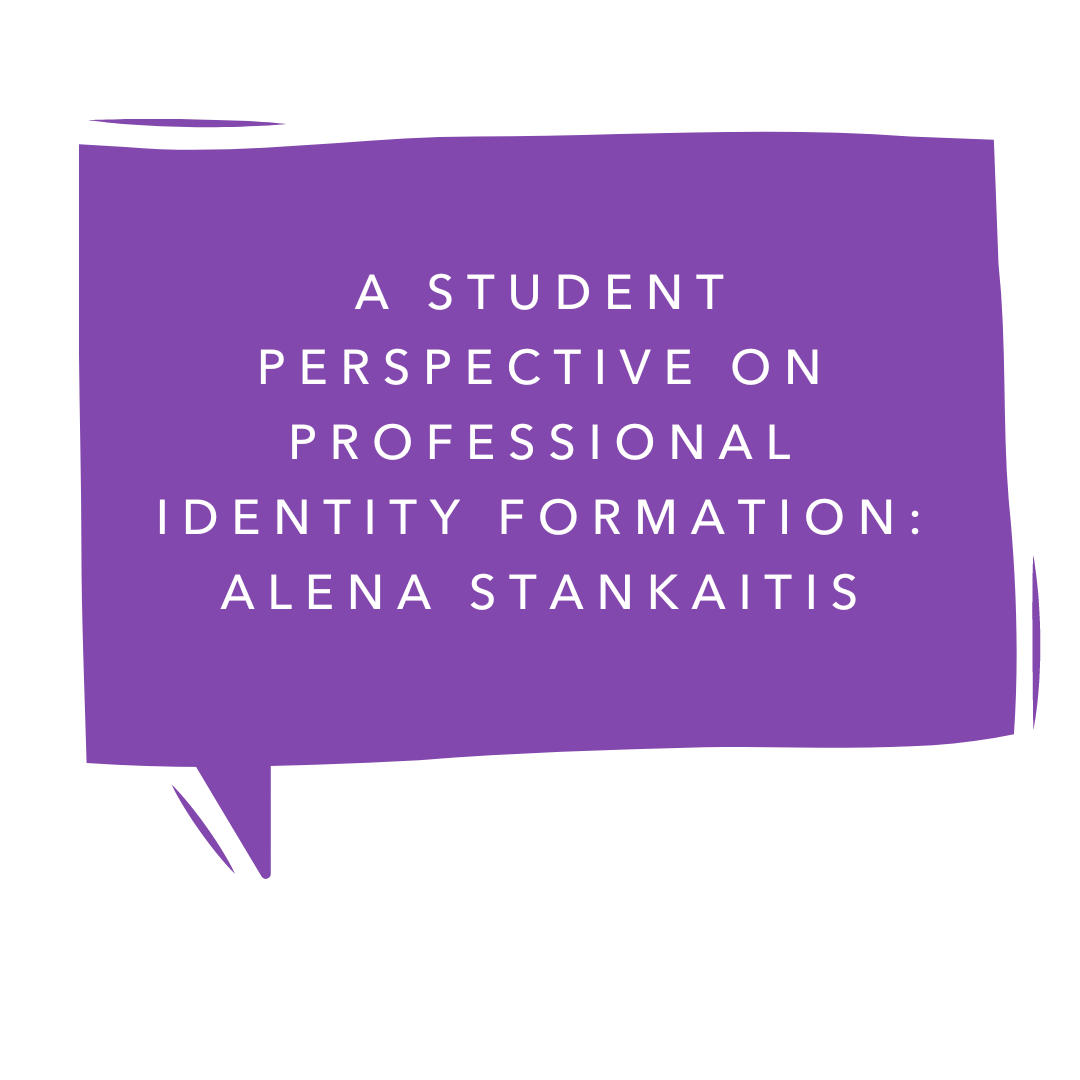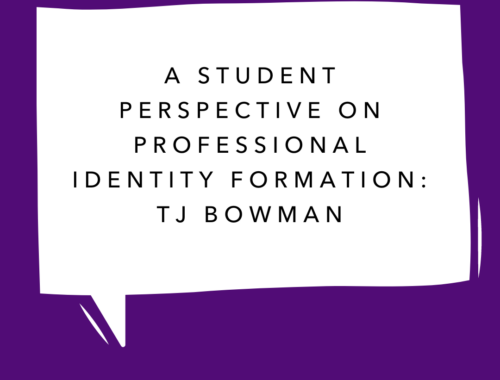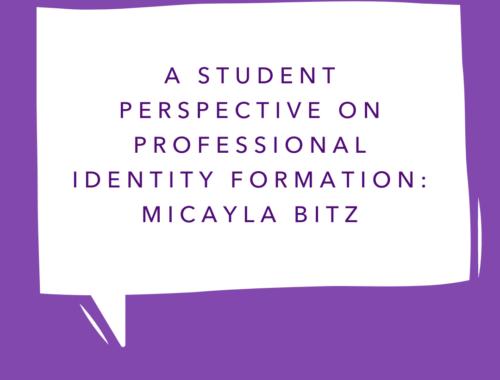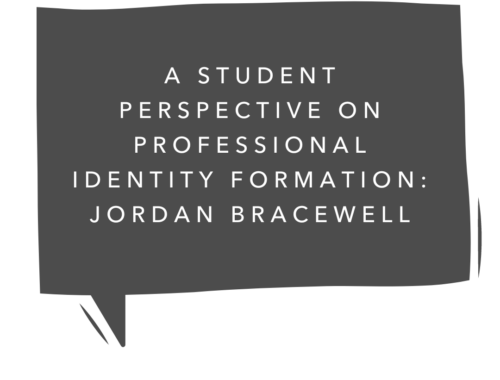By: Alena Stankaitis, University of St. Thomas School of Law
St. Thomas Law has done an especially incredible job at recognizing that professional identity formation is not a one-size-fits-all program. In particular, the school has integrated an intersectional approach to professional identity formation into our curriculum. As a neurodivergent, queer kid with dreams of becoming an attorney, I didn’t see any lawyers that looked like me in TV shows, movies, or books. Additionally, I’m a first-generation law student from a state other than Minnesota. Altogether, I felt like putting any effort towards substantively developing my professional identity was going to be futile, especially amid the rigors of law school coursework. St. Thomas Law and the Holloran Center helped break down these barriers.
First, we have time to recenter and reflect. Utilizing its robust connections to the Minnesota legal community, St. Thomas invests significant resources into our curriculum outside of our doctrinal courses. Programs such as first-year Roadmap Coaching and upper-level Mentor Externship classes afford us the opportunity to reconnect with our individual motivations for pursuing law school. Moreover, these initiatives connect us with like-minded professionals, allowing us to see our identities reflected within the legal field.
Second, St. Thomas Law invests in our experiential learning and community engagement. Through incredible externship placements, creating dedicated time in the middle of the day for student organization activities, and supporting intramural teams, the school helps us cultivate meaningful relationships with our peers. These connections not only enhance our emotional well-being throughout law school, but they also foster proactive engagement—the cornerstone of professional identity formation.

Alena Stankaitis is a JD candidate at the University of St. Thomas. They serve as Associate Editor of the Law Journal and are a Research Assistant for the Holloran Center.



